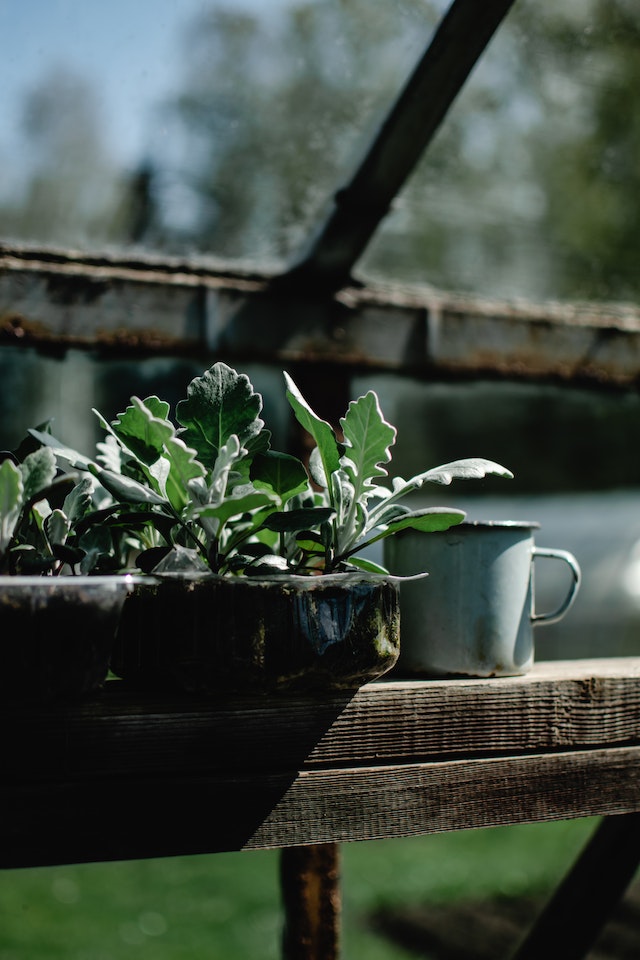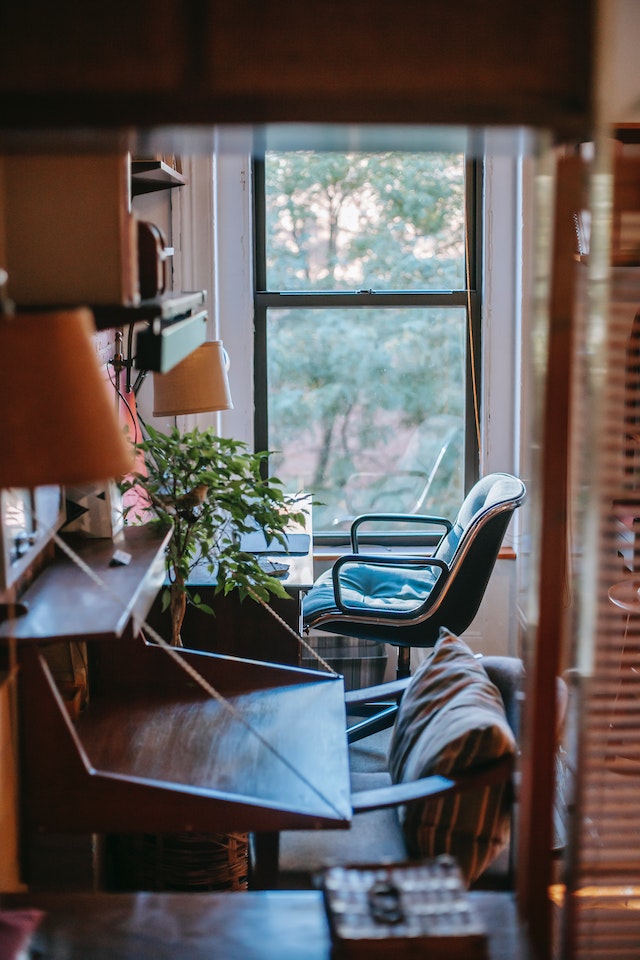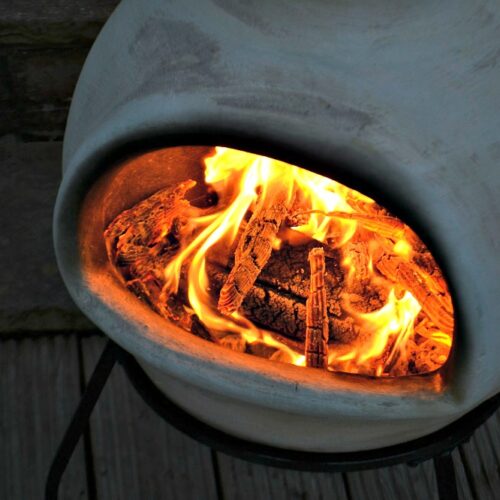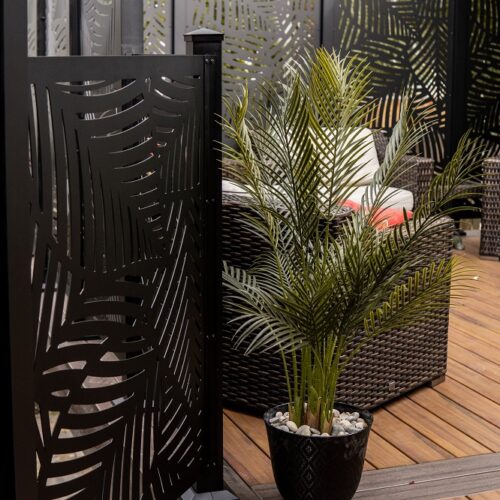Gardens are cherished spaces that allow homeowners to express their creativity and enjoy outdoor living. However, it’s crucial to be aware of the regulations, rules, and guidelines governing UK gardens. Understanding these requirements ensures that you can make changes to your garden or manage it without encountering legal issues.
Having greenhouses & small sheds in your garden

In the majority of cases, small sheds and greenhouses do not require planning permission. However, it’s important to be aware of certain conditions that may necessitate obtaining permission. For instance, if you plan to position your greenhouse in the front garden or one that is taller than usual, you may need planning permission for a greenhouse.
Similarly, living in a designated area like a National Park or an area of outstanding natural beauty, having a listed building, exceeding a maximum greenhouse height of 2.5m within 2m of the property boundary, or having over 50% of your garden occupied by garden buildings could also trigger the need for permission.
These guidelines are not exhaustive, so it is advisable to seek guidance from your local council to ensure compliance. As for sheds, basic structures under 15 square metres in size and without sleeping accommodation typically do not require permission, but it’s always a good idea to consider relevant building regulations and consult with local authorities to be certain.
Keeping a heating oil tank on your property
For homeowners using oil to heat their homes, oil tanks are commonly placed in gardens, especially in rural areas. However, specific regulations govern their installation and maintenance. Before installing an oil tank, it’s important to check if you require permissions from local authorities, though for the majority of homes it isn’t required for a domestic heating oil tank.
However, if you are installing one in your garden, it’s very important that your tank installation not only complies with building regulations but also follows guidelines laid out by OFTEC. Their guidelines provide industry standards and best practices for the off-gas grid heating sector.
When it comes to positioning your oil tank, it should be a minimum of 1.8 metres away from your house and away from structures which are not fire rated, such as sheds. It is also recommended to keep the tank at least 760mm away from fences too. The ideal location in your garden is a flat, open area that is away from buildings, trees, or shrubs. It should also be close to the oil tank’s connection point, away from high-traffic areas, and on a well-drained, solid, and level surface.
Knowing the rules for outhouses, garden buildings & garden rooms

When it comes to installing outhouses, garden buildings, and garden rooms, it’s crucial to be aware of the guidelines to determine if planning permission is required. In most cases, you can proceed without planning permission if certain conditions are met. These include ensuring that the structure doesn’t occupy more than 50% of the total land area around your original house.
Additionally, to adhere to building regulations for outbuildings, your outbuilding should be a single-storey construction with a maximum eaves height of 2.5 metres and an overall height of 4 metres for a dual-pitched roof, or 3 metres for other roof types.
Importantly, the structure should not be intended for use as sleeping accommodation, and it should not be within the grounds of a listed building. However, it’s essential to note that these guidelines may vary depending on the specific county within the United Kingdom. To ensure compliance, it is recommended to thoroughly review local guidelines and consult with the local authority if any uncertainties remain.
Considerations for other regulated garden features:
There are a variety of other factors to consider when adding improvements to your home, whether it be working around fencing or privacy and security, it is important to thoroughly understand and consider the rules that are in place.
- Creating ponds & water features
Ponds and water features are great exterior additions to your property which contribute to the tranquillity of a garden. However, they may require permissions and must be installed and maintained responsibly. Regulations focus on safety, including measures to prevent drowning hazards, and protecting wildlife habitats. Before creating or modifying a pond or water feature, familiarise yourself with the guidelines to ensure compliance.
- Being mindful of your fences, walls & boundaries
Fences and walls also play an important role in defining property boundaries and providing privacy. Local regulations may restrict the height and material choices for such structures. Before you start on any new garden improvements, it’s crucial to understand shared responsibilities with neighbours for boundary maintenance and what you can and cannot do without consulting your neighbours or even the council.
- Installing new decking & patios
Decking and patio are also great additions to garden areas which enhance outdoor living spaces and provide areas for relaxation and entertainment. However, they may require planning permission if they exceed certain height or coverage thresholds. Furthermore, it’s essential to consider drainage implications and potential impacts on neighbouring properties.
- The privacy of your own garden
Privacy is essential for enjoying your garden oasis but also for your neighbours too. If you wish to install security cameras on your property, it’s important to be mindful of their placement. UK guidelines suggest that cameras should be pointed away from neighbours, so it’s important to read up on the guidelines all about installing cameras on your residential property before you do so.
Many homeowners install their own CCTV to protect their property from crime, but domestic CCTV also needs to be operated responsibly and respect the privacy of other people. For example, government guidance suggests that homeowners should be transparent with others when installing a domestic CCTV system and also assess how to reduce the risk of intruding on the privacy of others as well.
© Copyright 2023 Antonia, All rights Reserved. Written For: Tidylife


Leave a Reply